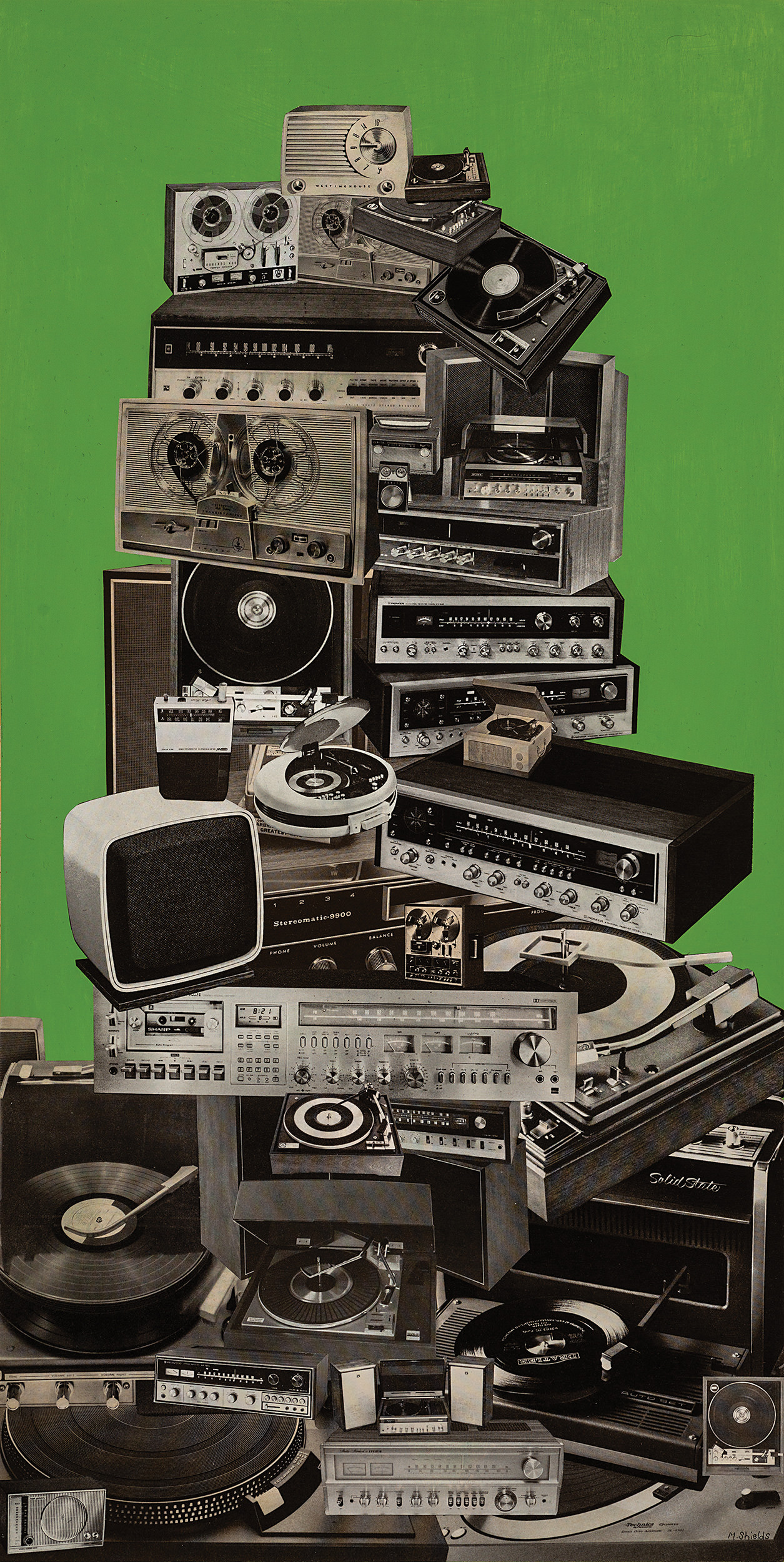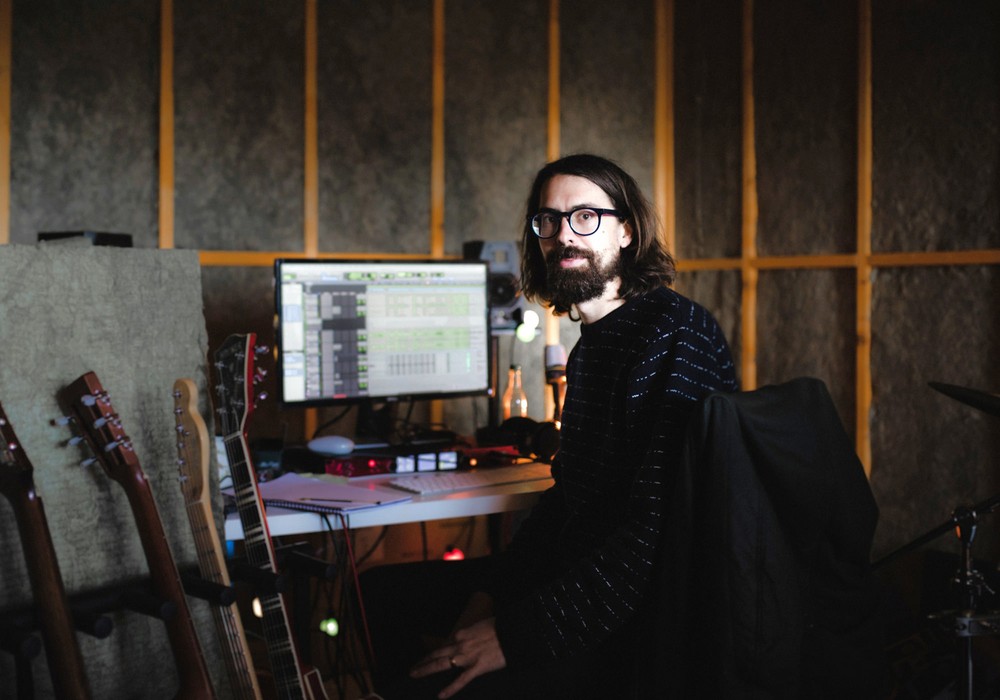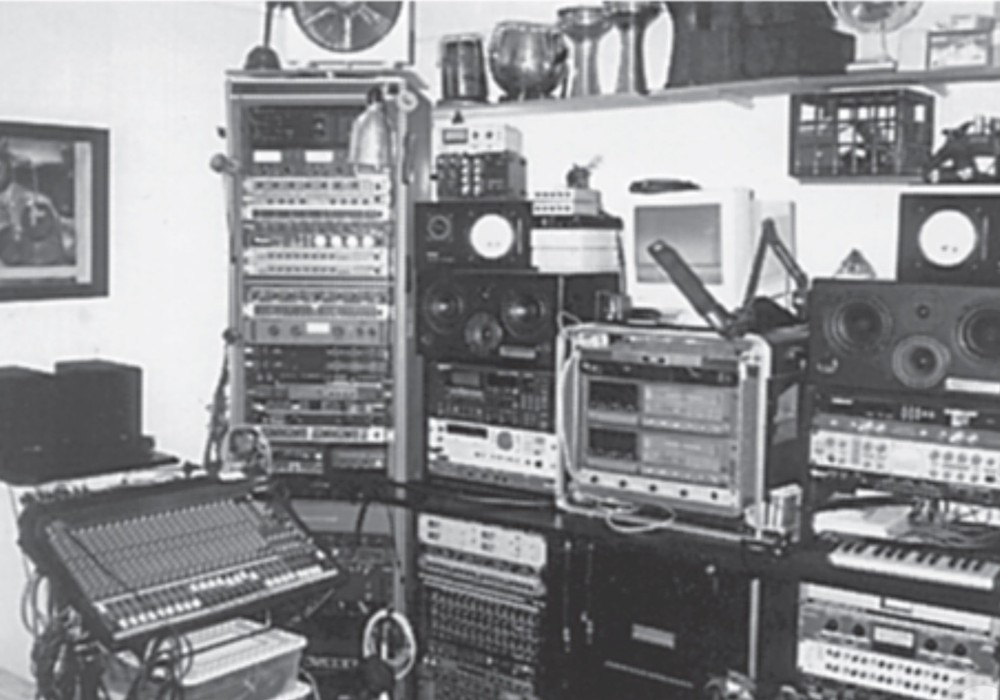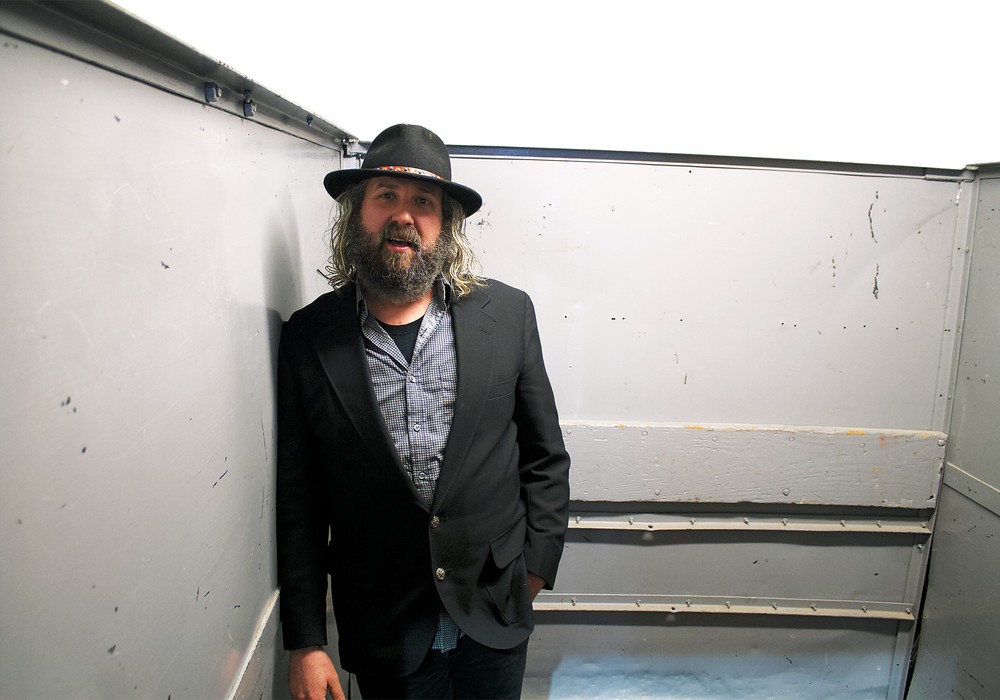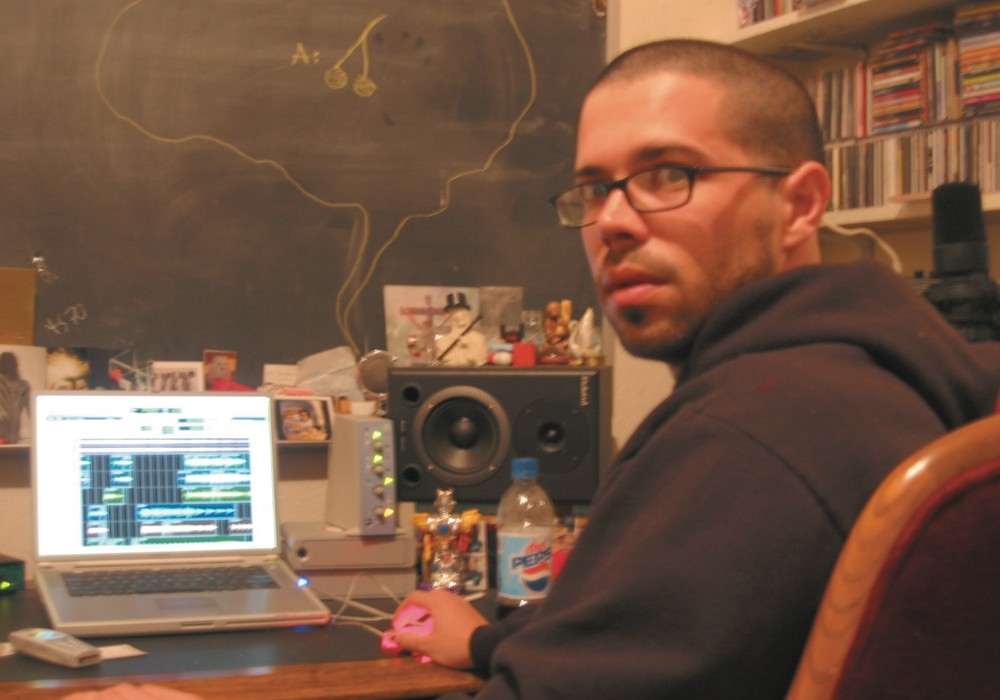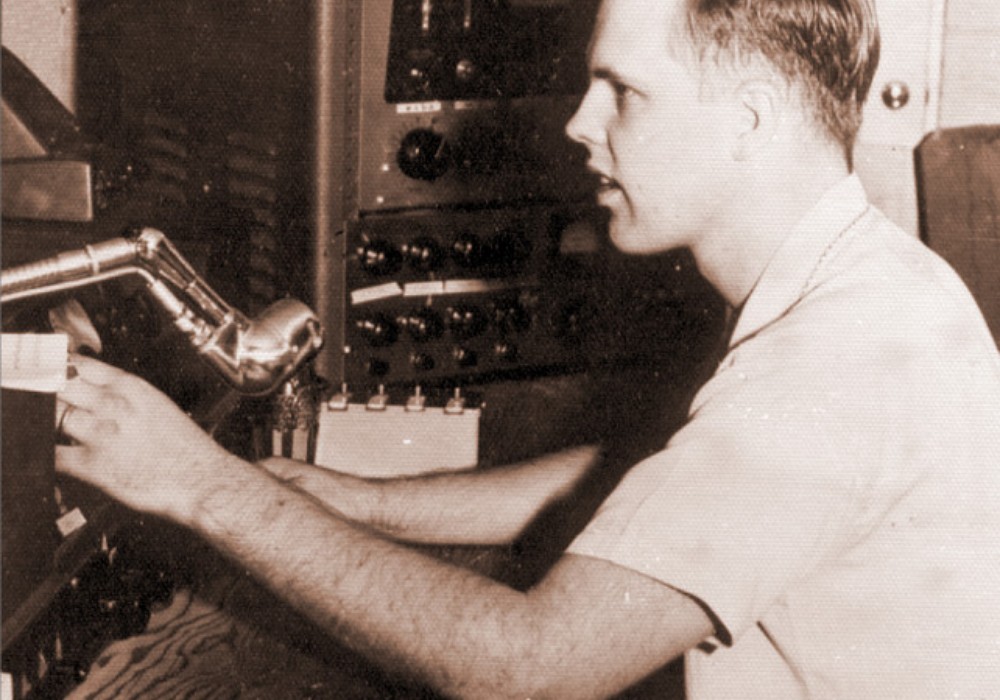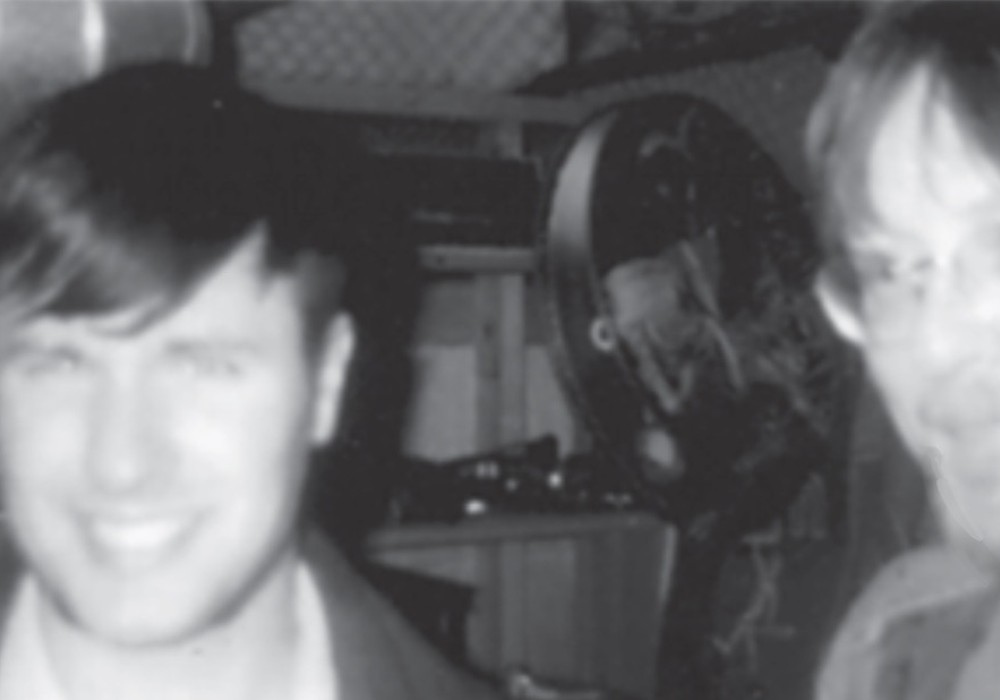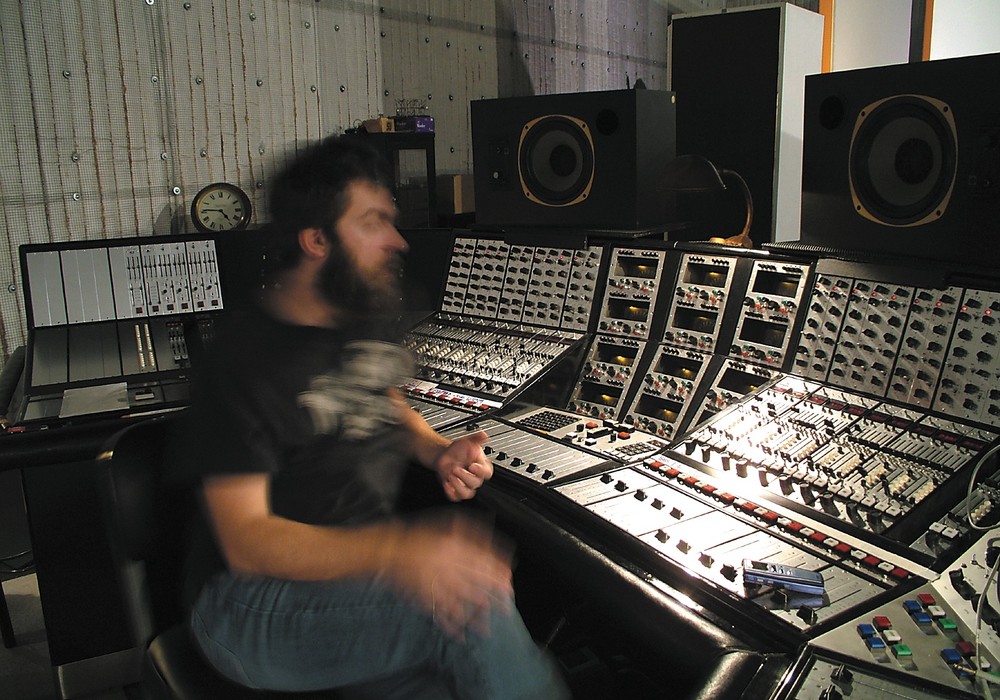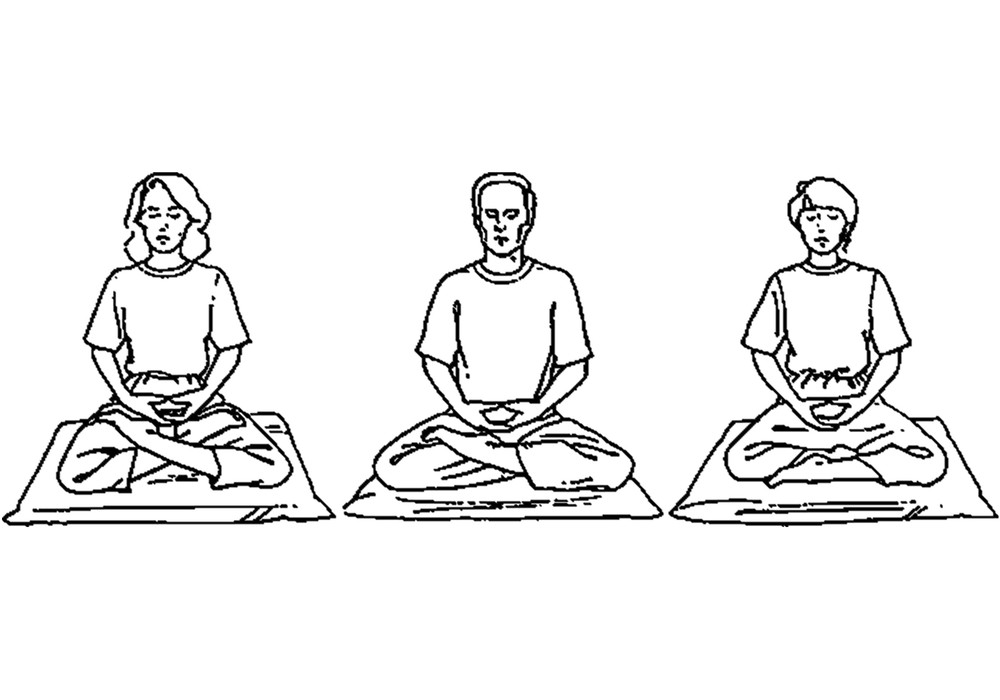Having played drums, piano, and guitar in various bands and orchestras, Sam Okell undertook the exalted Tonmeister degree course in music technology prior to serving a placement year at Abbey Road Studios. It was there that the much sought-after sound engineer and mixer made his name, swiftly moving up the ranks to work with bands and orchestras, as well as on high-profile film score projects. Today, with multiple Grammy awards under his belt, Okell has mixed and remastered a host of major names in rock and pop including PJ Harvey, Seal, Brian May, INXS, and Robert Plant. Credits for major film score work include Harry Potter and the Deathly Hallows, The Lord of the Rings trilogy, Gravity, and The Man From U.N.C.L.E alongside composer Daniel Pemberton. In recent years, Okell has become heavily involved in the remastering of The Beatles' back catalogue along with recordings by Paul McCartney and George Harrison. Alongside Giles Martin [Tape Op #103] that work continues to this day, from the recently released 50-year anniversary of The Beatles' Abbey Road album to working alongside filmmaker Peter Jackson on the reworked documentary of Let It Be.
Krowji Colour
What got you interested in the technical side of production, as opposed to being a consumer or a songwriter?
As a teenager I played in a variety of bands, mainly as a drummer, and I was always interested in fiddling around with a guitar amp or PA. When you're a 12-year-old kid, you like to figure out how things work. I remember asking my mum if she could buy me a PA for my birthday. I guess it went from that into early forays of 4-track cassette tapes and playing in bands in my parents' living room, making a racket with two or three mics. I didn't really know what I was doing – I just thought it was interesting.
You didn't want to pursue being in a band to its fullest extent?
I used to play in orchestras and really enjoyed that. Then I went to a residential summer school and found a percussion teacher who taught at Wells Cathedral School, which had specialist music funding. I got totally immersed in it, but I also saw loads of brilliant musicians and thought, "Wow, it's going to be hard to make my way compared to them, yet I'm also interested in this other side." That's when I heard of the Tonmeister course, which had an emphasis on recording technology. It sounded perfect for me, so I chose that rather than going to music college and trying to be a proper musician.
You had a placement year at Abbey Road Studios while you were taking your degree course?
It was a four-year degree course, with two years studying at university and then an internship for a year. The course was really good at placing people in the industry and I wanted to come to Abbey Road. There was one job up for grabs that I didn't get, but they had a classical editing department, and somebody was going on maternity leave. I spent most of that year learning to edit classical records, and at the tail end of that time, I spent a couple of months as a runner. I finished the degree and got a job at Abbey Road almost straight out of university, which was really lucky.
Indeed, because runners can literally spend years waiting for an opening.
It can be a really slow career path and it's hard to maintain the focus and energy if you're not getting paid a lot, working long hours and not getting to do the thing you want to do. It's little wonder that people often drop out. I managed to circumvent that, partly through luck and partly through having the right attitude. I was lucky that a couple of engineers at Abbey Road saw that I was enthusiastic and willing. It's that classic thing of, "If you can't manage to do something yourself, who do you recommend?" Thankfully I had a couple of people on my side that helped get me through that progression.
How are projects divided up at Abbey Road, and is there a stampede to work on certain things?
The dynamic regarding how those come about is quite funny. A lot of artists or composers will have existing professional relationships with an engineer, so they'll quite often bring someone with them that's not exclusive to Abbey Road. If you're an in-house engineer, bookings are dealt with by the studio manager and bookings team. They look to see what's required, the best fit for that project, and who's available in the diary. As I said before, when you present a willing exterior to do anything technically it creates more opportunities and makes the position of whoever's choosing to work on a job easier to allocate.
Would you go as far as to say the client relationship comes above any technical service you provide?
That's the most important thing, really. Doing the job is hard, to a certain extent, but for people who are coming up and want to start, it's about knowing how to create relationships with people who request you to record them. You want to give them a positive experience and be able to sit in a room with them for 16 hours in a day, not argue...
